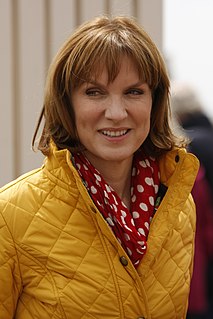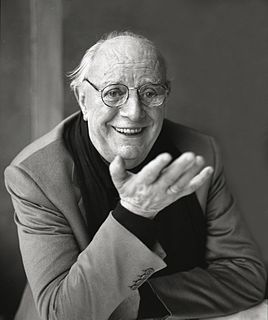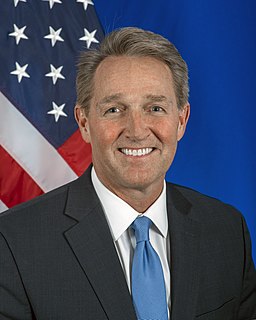A Quote by Sheila Hancock
I was struck during the Brexit debate by how little discussion there was about the origins of the concept of a united Europe.
Related Quotes
Of course, the UK is a significant economy that makes up a quarter of American exports to the EU, more than 50 percent of our exports in certain sectors and over 25 percent of the government procurement opportunities we have in Europe. Brexit reduces the size of the TTIP deal for the United States, and there will need to be an adjustment of expectations accordingly, but Brexit underscores the value of reaching an agreement at this critical moment in the evolution of Europe.
On Brexit, the Conservatives are divided, not only about the tactics but also about the end goal. Some of them deeply and profoundly believe ideologically in a deregulated, low-tax, free-market economy. Others still favor the economic and political model that we operated with in Europe over many decades. The Labour party is united in what we are trying to achieve.
I can't imagine what it must be like to be one of the indigenous people of the United States of America. I can't imagine watching the news every day - as people debate whose country this is and who should be in charge of it and how to make it great again - and hardly ever see your people brought into the discussion.
I think that Europe has to get its act together very quickly. The Belgian guy who's leading the negotiations against Brexit, he sees it as a whole chance to reboot Europe and reclaim the kind of social mission of Europe from all this corporate, bureaucratic, globalist stuff that has got into, building Europe for the people rather than the banks, again.
Unemployment is higher in Europe than in the United States and primarily concentrated in immigrant minority populations, so people are worried about what's going to happen and if American-style ghettos are emerging in Europe. There are some of the problems there that America sees associated with the lack of economic inclusion - family breakdown, gang behavior, and racial tensions. I get the sense that in Europe they are much more concerned about these issues than in the United States.

































